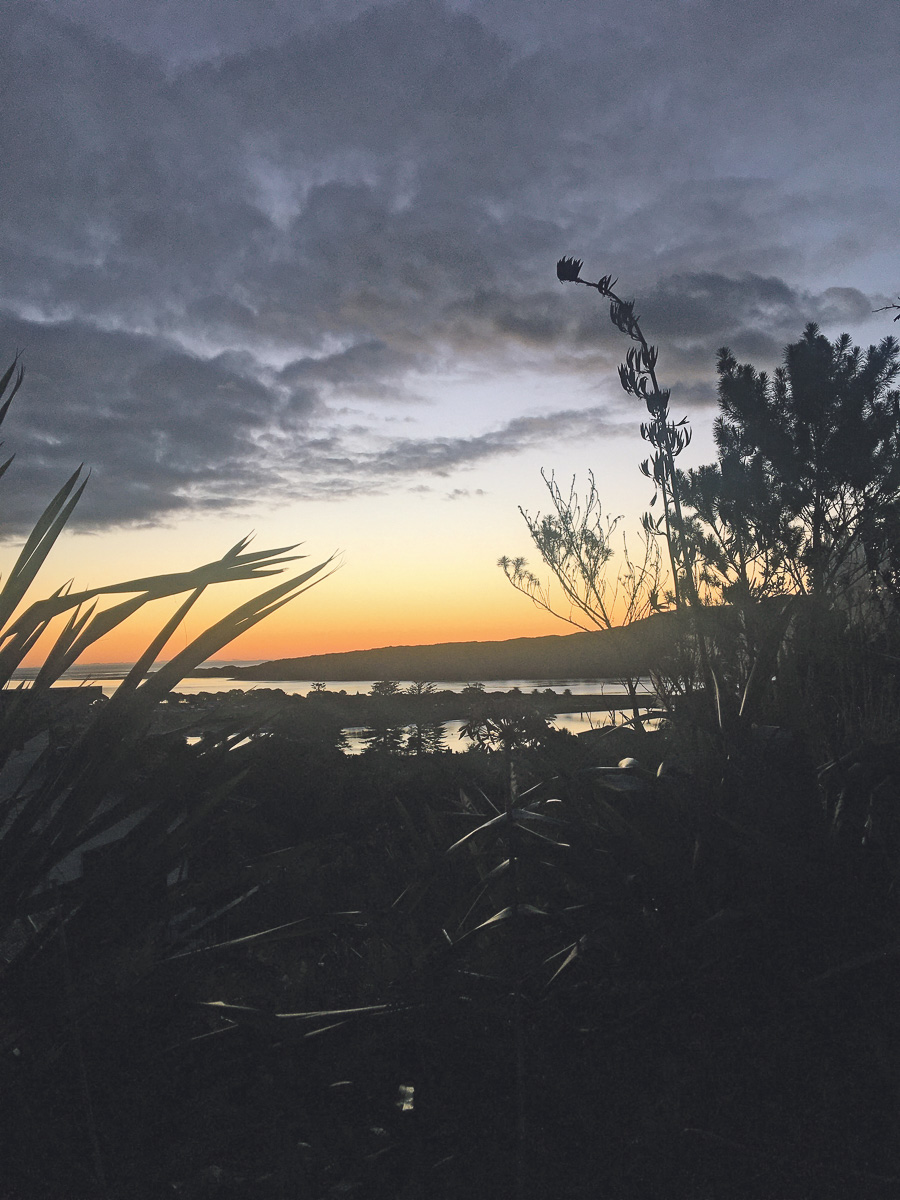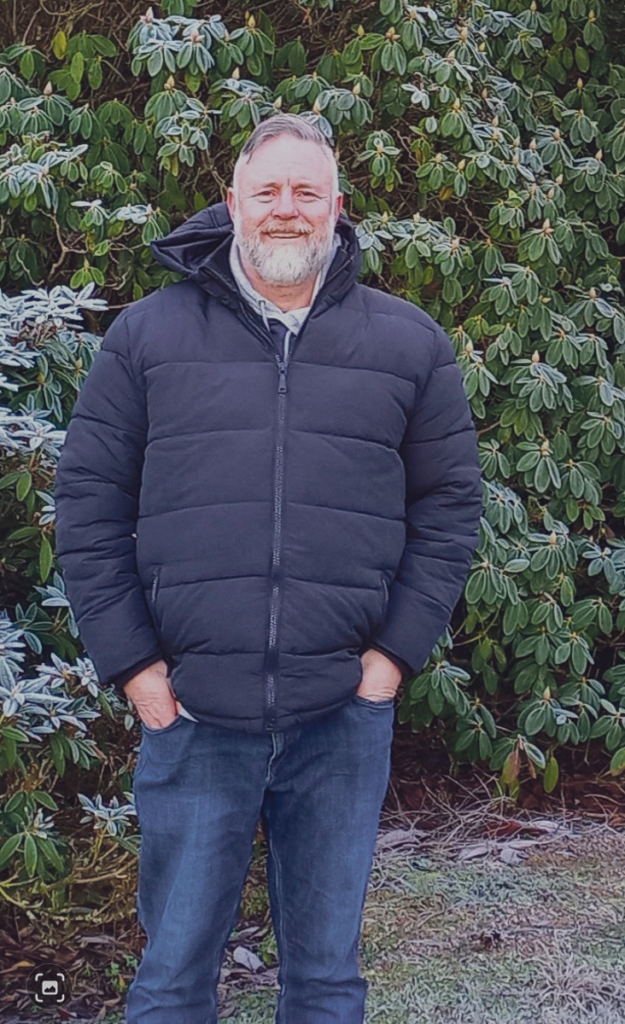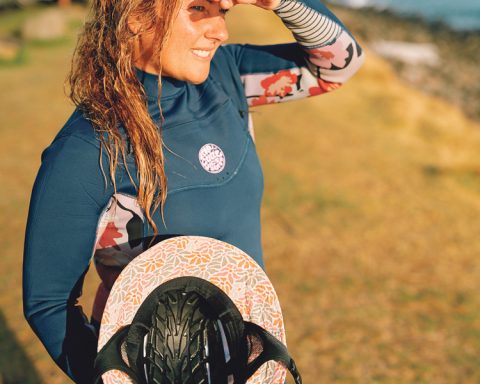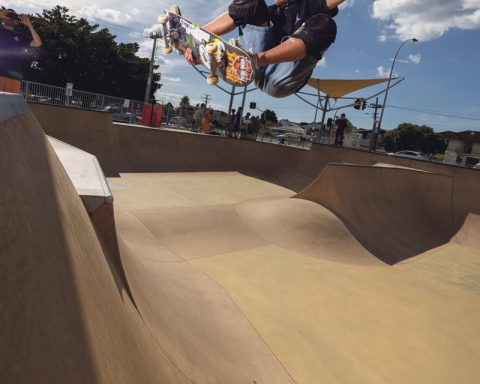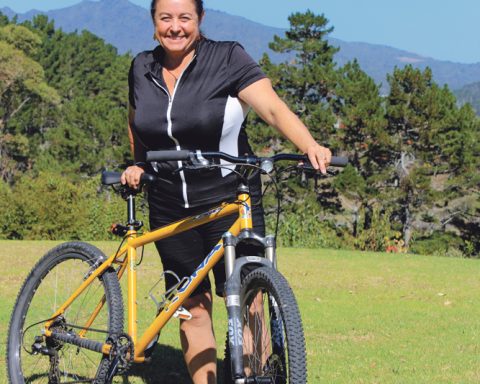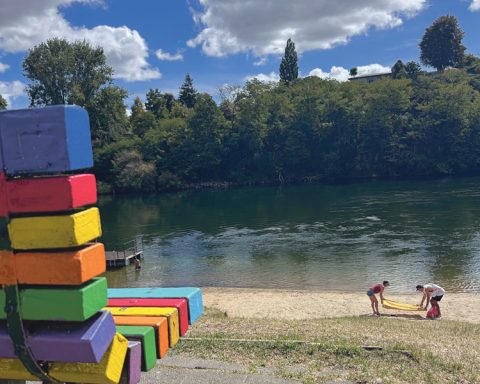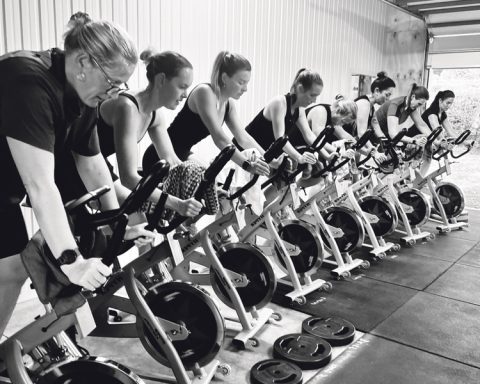Interview with Waati Ormsby with Katie Lowes.
Katie Lowes talks to Waati Ormsby, a former Raglan resident who, back in the 90s, recognised the potential of some land near his home and developed an abundant vege garden with his neighbour and whānau.
Kia ora Waati! It was great to speak with your cousin about a garden that was grown here near Wainui Rd. I appreciate the garden is no longer active because you have moved elsewhere, but like many others new to maara kai I would love to talk to you about your experience growing in Whāingaroa.
Waati: “We moved to Raglan; my wife had a job at the childcare centre next to the Raglan Hotel. We lived on Wainui Road just up from the garden. Raglan was a great place – we had a good run as my son won a Suzuki Swift from the Westside Store when he bought a KitKat.
My cousin Peter Tuteao told his dad who is also my uncle that we were here. Uncle Sid is a legend to us and we got chatting and the next thing I’m cutting down trees and scrub as a job on some land near my house. Long story short, while I was there I noticed a spring/ creek. The place was basically four seasons in one as it offered unused ground, water, had all day sun and it had shelter. So I said to Troy Nicholson my neighbour, we should put in a garden and the answer was yes.
So the garden began after the clearing area was done properly, we dammed the stream in 3 places so that we had water 24/7, made little channels off the stream so it basically watered the garden. We sloped it and regulated it. We even made the water cascade over some rocks so it naturally filtered the water.
I went to your old garden and it was obvious that some climbing plants were designed to grow up a bank, it was clever! There would have been water below and space to ramble…
Waati: Yeah we had cucumbers on that bank and kamokamo. Everyone looked at the dirt that I was working for Uncle, and I put all that good stuff in the ground – we had irrigation, it was a natural spring.
Q: Was it wet all year round?
Waati: We had a couple of spots that got damp. We fed it with food which at that time was grass cuttings from Raglan Lawns, that type of thing. The Council was ditching dirt from somewhere, 50-60 trucks of dirt, filled in that bank. We were a bit of a dump place, there was no money exchanged. But we built a garden.
Q: You say ‘we’; did you do this with others?
Waati: Martin, yeah he did a lot of work for the old fella too, it was a community effort.
Q: Can you tell me about any bumper-crop or memorable experiences?
Waati: Carrots! Our carrots were pretty good. We went into it like you have to “be” what you wanna grow; we would say, “What does a carrot need?” It’s the same with hunting, you also need to be what you’re trying to catch – I’m going off things I heard in my past. We did pigs there as well as that garden, we got them from up the road, they ate all our waste, kunekune.
Oh yeah and the garlic, it’s funny what you can remember! The garlic is like you put it in and, wow! I had Troy Nicholson there too; we battled each other to see what we came up with, solutions for how to do something. We had a plan, and we always had something we were trying to do.
Q: What did you call this space you created with veggies and kunekune and dirt being dropped off?
Waati: Spending time there, it was called a garden. We called it a garden. Dad’s fella up the road (sic. Kaiwhenua), he used to sell to the supermarket – I cut the track up the back at his place, and he came and picked up the off-cuts off the trees, tea tree, and mulched it, and we put that all around our garden too. It’s a lot of work, but we fed that garden.
Q: What about this work made you joyful?
Waati: To be fair it was also to do with mental illness, a place to go to and do something; it calmed me, it made me think straight and I could focus on what was needed to do.
It was for survival, my grandfather had a half acre garden, his veg would be hanging up, there was no fridge. In 1905 grandfather would fish, hunt, grow, cook, eat, he would do everything. I have a farming heritage. I also have hope and have that ‘call to the land’ like farming. It’s also a creative space, and it’s really good to have it.
I liked when friends and whānau called in, the place had a nice feel about it and we would show off what we had succeeded to do. We had a place to get away from weather and have lunch or even a few cold beers.
Q: Were any children involved in the garden, growing or maintaining it?
Waati: We were like, “Try this and try that,” all the kids liked the baby carrots and peas. Everyone liked the baby carrots! There will come a day there’ll be those that don’t know what these taste like from the garden, but we loved them, we all did.
Q: You live in a more urban environment now. What can you tell us about that different gardening space?
Waati: I have been growing tomatoes in a container, pulled the roots out and there are thousands! These things wanna grow!
Now I have one hundred pot plants; it’s my instinct – I will turn anything into a garden!
Q: Do you have any advice or tips for the next generation of gardeners?
Waati: Enjoy it! …. It’s priceless.
Thanks for your time telling us the story of the garden, ngā mihi Waati. And for those of you reading this inspired to tend to the land, there are many community groups working toward food resilience in Whāingaroa.
